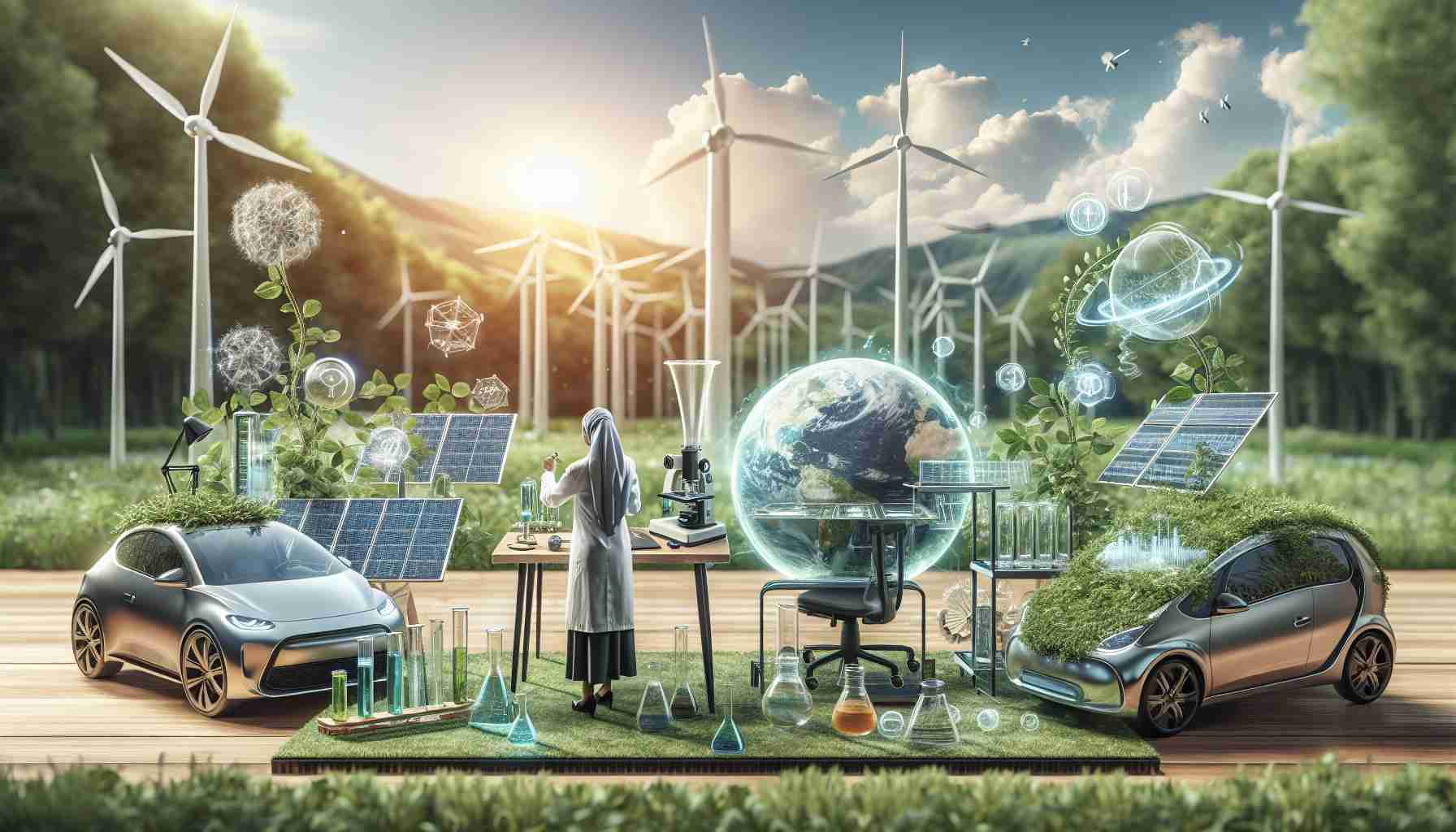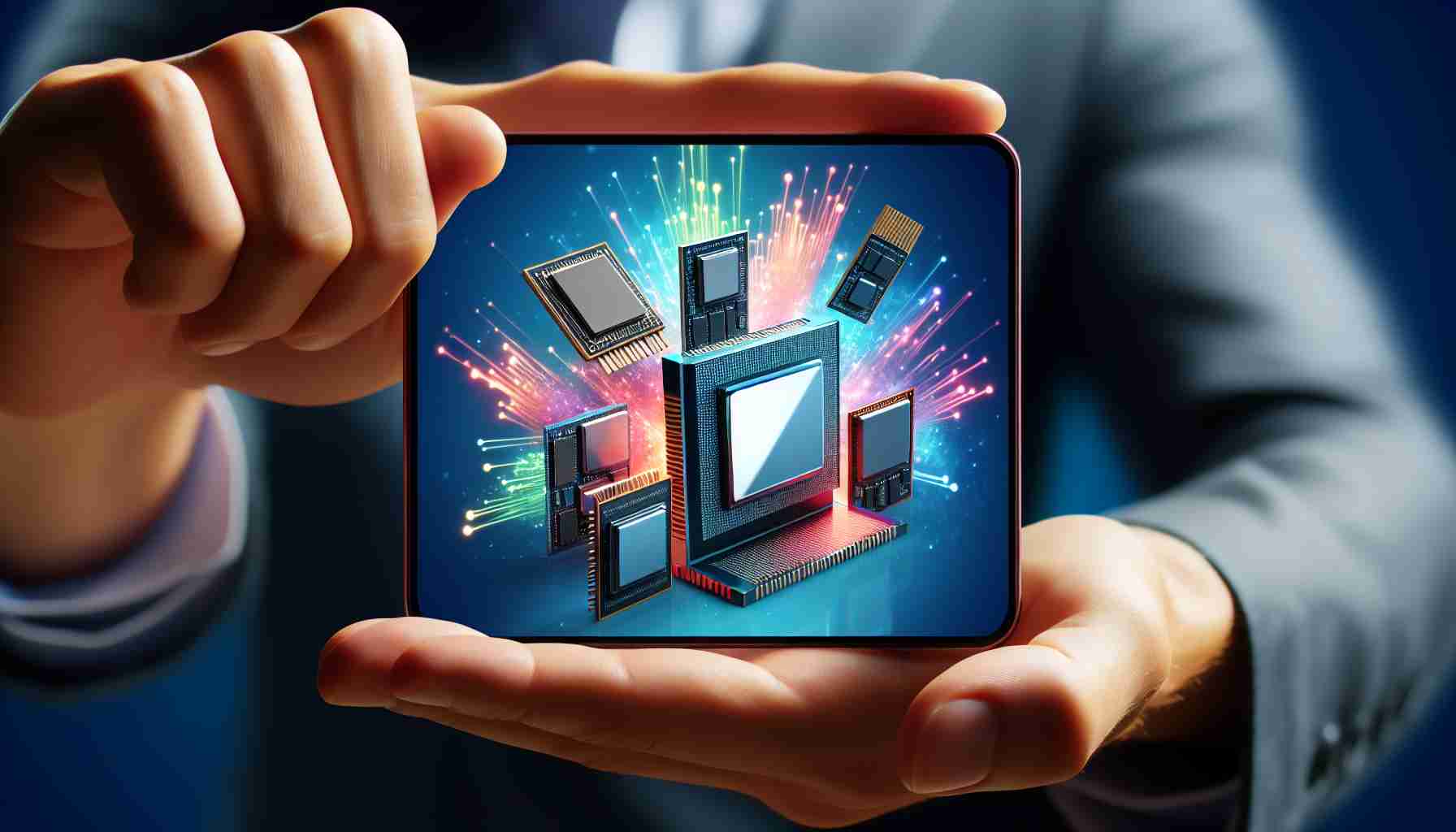As the world shifts towards sustainable mobility solutions, established motorcycle manufacturers are diving headfirst into the electric bicycle market. Among them, Yamaha stands out with an impressive lineup that emphasizes both sporty performance and everyday functionality. As we approach the latter part of 2024, Yamaha is enhancing its e-bike offerings with significant updates to its Wabash RT and Crosscore RC models.
The Wabash RT embodies versatility, designed for riders who crave adventure both on and off the beaten path. With its rugged gravel tires and drop bars, it’s suited for everything from city commutes to weekend bikepacking trips. This model showcases Yamaha’s commitment to creating e-bikes that inspire exploration, providing the capacity for mounting racks and other essential accessories.
On the other hand, the Crosscore series presents a balanced hybrid option, merging the mountain bike’s comfortable posture with the efficiency akin to road bikes. The Crosscore RC, in particular, is tailored for urban riding, equipped with features that enhance maneuverability in crowded spaces. For tech-savvy individuals, the Crosscore Connected adds a digital twist, offering insights into battery health and ride statistics through a smartphone app.
At the heart of these innovations is the PW series S2 drive unit, designed to offer a seamless ride experience through its lightweight and compact structure. Yamaha’s approach to e-bikes prioritizes ease of use without overwhelming riders with extraneous technology, striving instead to make electric biking accessible and enjoyable for all.
The electric bicycle (e-bike) industry is experiencing remarkable growth as consumers increasingly seek sustainable transportation options. This shift reflects broader trends in the global transport sector, where an emphasis on reducing carbon footprints and promoting eco-friendly mobility is becoming paramount. Market forecasts indicate that the global e-bike market size is projected to reach USD 47.57 billion by 2028, expanding at a compound annual growth rate (CAGR) of 10.5% from 2021. This growth is driven by increasing urbanization, rising fuel prices, and the urgent need for sustainable commuting alternatives.
Yamaha and the E-Bike Market
As one of the established leaders in the motorcycle industry, Yamaha’s transition into the electric bicycle segment signifies a critical adaptation to changing consumer preferences. The company’s investments in electric bike development not only highlight its innovative capabilities but also its commitment to environmental responsibility. Competitors, including industry giants like Bosch, Shimano, and Trek, are also entering the market, leading to a burgeoning competitive landscape characterized by advanced technology and diverse product offerings.
Industry Challenges
The e-bike industry, while growing rapidly, does face several challenges. Issues such as supply chain disruptions, fluctuating raw material prices, and the need for robust infrastructure to support e-bike usage present hurdles that manufacturers and consumers must navigate. Moreover, as battery technology continues to evolve, concerns surrounding battery disposal and environmental impact remain critical topics within the industry. Consequently, manufacturers are actively seeking ways to enhance battery life, reduce costs, and implement sustainable practices, including recycling programs.
Market Outlook and Future Innovations
Looking forward, innovation in e-bikes is anticipated to surge, with many predictors highlighting advancements in smart technology and connectivity features. As Yamaha enhances its products like the Wabash RT and Crosscore RC, the integration of IoT technology into e-bikes promises to enhance user experience by offering real-time analytics and improved battery management. Furthermore, as urban infrastructures adapt to embrace cycling as a primary mode of transportation, demand for e-bikes could escalate even further, influenced by governmental support for sustainable transport initiatives.
In conclusion, Yamaha is poised to play a significant role in the evolving e-bike market, exemplifying how traditional motorcycle manufacturers can adapt to new trends in mobility. As the industry matures, addressing the challenges and embracing innovation will be central to sustaining growth and meeting consumer needs.
For more information on the e-bike industry and related topics, visit Electrive and Bike Europe.
The article has been updated: 2024-11-02 12:18
Here are some suggested related links for the title “Yamaha’s Innovative Leap in E-Bike Technology”:
1. Yamaha Motor – Explore Yamaha’s extensive range of products and innovative technologies, including their advancements in e-bike designs.
2. Bike Europe – A leading publication covering the latest news and trends in the bicycle industry, including in-depth articles on e-bike technology and innovations.
3. Electric Bike – A website dedicated to electric bikes that provides reviews, news, and insights into the latest advancements and technologies in the e-bike market.
4. Cycling News – Stay updated with cycling news, including coverage of technological developments and innovations in electric bicycles.
5. eBaum’s World – A platform featuring a variety of content, including trends and innovations in e-bike technology and lifestyle.
6. BikeRadar – A comprehensive resource for cycling enthusiasts that includes reviews and features on the latest e-bike technology and innovations.
7. Electrek – A news site that covers electric vehicles, including e-bikes, with updates on technological advancements and innovations in the industry.
8. Bicycle.net – A communal site focusing on various aspects of cycling, including their evolving segment of electric bicycles and technology innovations.
These links provide a variety of perspectives and resources related to Yamaha’s advancements in e-bike technology.
The article has been updated: 2024-11-03 20:54
What are the key features of Yamaha’s latest e-bike technology that set it apart from competitors?
Yamaha’s latest e-bike technology incorporates several innovative features that distinguish it from competitors. Firstly, it utilizes a sophisticated sensor system that continuously analyzes the rider’s pedaling power, adjusting the electric assist accordingly for a more natural riding experience. Additionally, Yamaha has integrated a long-lasting, high-capacity battery that offers extended range without significantly increasing the weight of the e-bike. Furthermore, the brand has introduced a user-friendly smartphone app that allows riders to customize their riding preferences and monitor performance metrics. These advancements reflect Yamaha’s commitment to enhancing rider experience and performance in the rapidly evolving e-bike market.






















